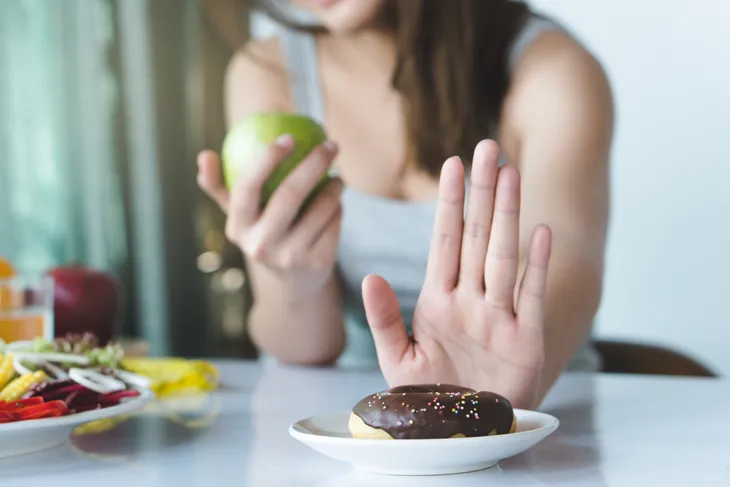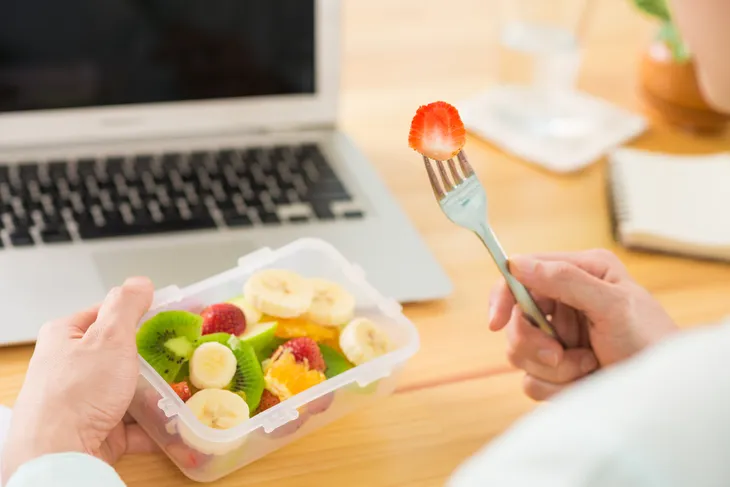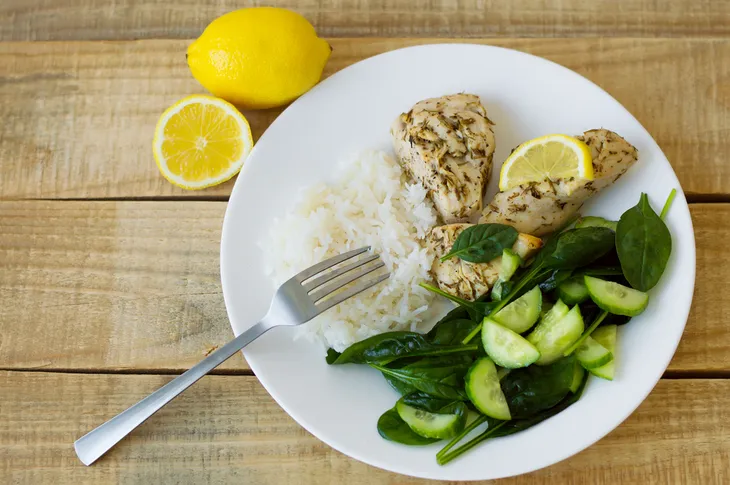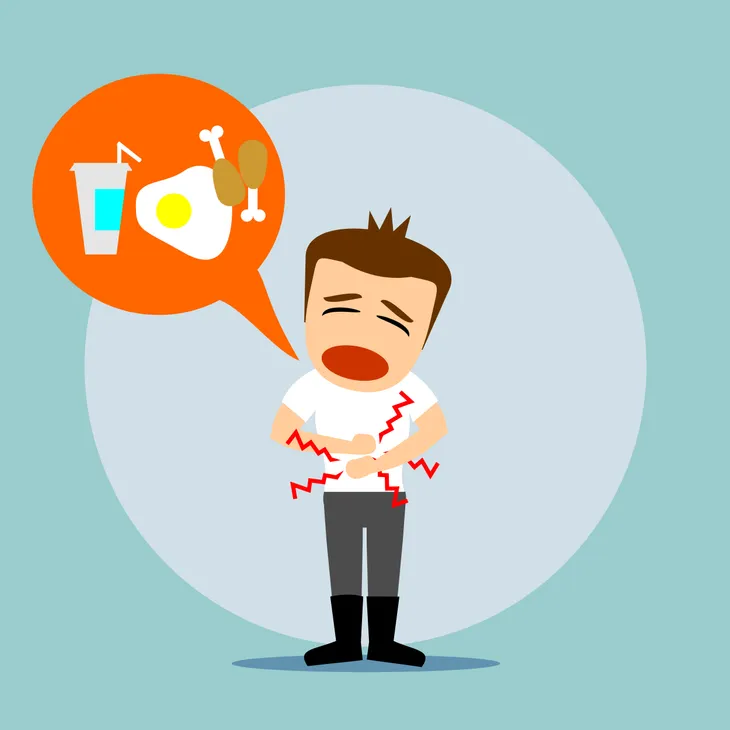Did you know that the average North American consumes roughly a half cup of refined sugar per day—and that figure just represents the middle ground of our snack cake, soft drink, empty cereal, candy, and cookie indulgence!
There is no doubt that sweets are tempting. However, the good news is that you can overcome a sugar craving using these nine tips…
Identify Sugar Stressors
Most sugar cravings and resulting sugar binges aren’t the result of actual physical hunger—they’re motivated by anger, stress, boredom, or loss of control—and it’s human nature to bury these awkward emotions in food. However, confronting your emotions will give you a sense of newfound control over your life (as opposed to eating your feelings) and help you fight future sugar cravings with a better understanding of where they come from.
Learn Healthier Coping Mechanisms
Now that you’ve got a handle on why you crave sugar, finding healthier coping mechanisms to work out your emotions will stop you from diving into that pint of ice cream when you have a stressful work day. Instead of eating, turn to physical exercise, meditate, take a time out nap, get a massage, take a walk with your pet, call a friend and vent, read a book, or listen to music to help you relax.
Ban Refined Sugar From Sight
If you can’t resist grabbing a bag of cookies and mowing down in the evening then ban products high in refined sugar from your home. Keeping tempting sweets in your house will only leave you open to sweet enticement when you’re at your weakest moments.
Provide Healthy Snack Alternatives
Now that doesn’t mean you can never enjoy something sweet ever again. Just do your best to provide healthy and natural sugar alternatives instead of empty calories. For instance, instead of candy and cookies stock your cupboards and fridge with fresh fruit, fresh veggies, dried fruit and nuts, and natural treats like real honey and maple syrup, and carob.
Swap Sugary Beverages
Those sugary beverages—like juice mixes and soda—also contribute to your daily sugar intake. So swap them for natural, no-added sugar beverages such as herbal teas, carbonated water with a slice of fresh fruit or frozen berries, and water with a bit of fresh fruit puree added.
Eat Balanced Meals
If you’re experiencing physical hunger throughout your day and giving in to the vending machine at work, try eating 3 balanced meals every day. A healthy, balanced meal contains one part complex carbohydrates (i.e., fruits, vegetables, and whole grains), one healthy fat (i.e., vegetable oils, nuts, dairy, or fish high in omega-3 fats), and one lean protein (chicken, turkey, fish, lean beef, nuts, or beans). Keeping yourself satiated with healthy food will keep your insulin levels from spiking, which is what causes sugar and carb cravings.
Never Leave the House Hungry
If you attend a cocktail party or family event hungry, you can predict that you’re going to reach for the sweetest, fattiest food when offered. So do yourself a favor and have a small, healthful snack before dining out. You’ll be less likely to binge on sweets if you’re not arriving completely ravenous.
Supplement
Many individuals crave sugar due to a nutritional imbalance. For this reason, talk to your doctor or nutritionist about supplementing your diet. Or incorporate a daily multivitamin into your regimen to ensure you’re getting a balanced day of vitamins and minerals.
Practice Self-Love
We all overindulge once in a while. It’s easy to get caught up in an unhealthy cycle of binging on sugar followed by shame and guilt. If you slip up, learn to forgive yourself and forget. You are human after all. Don’t focus on the negative, instead look to the future positively and use this motivation to get back on track with healthy eating.












